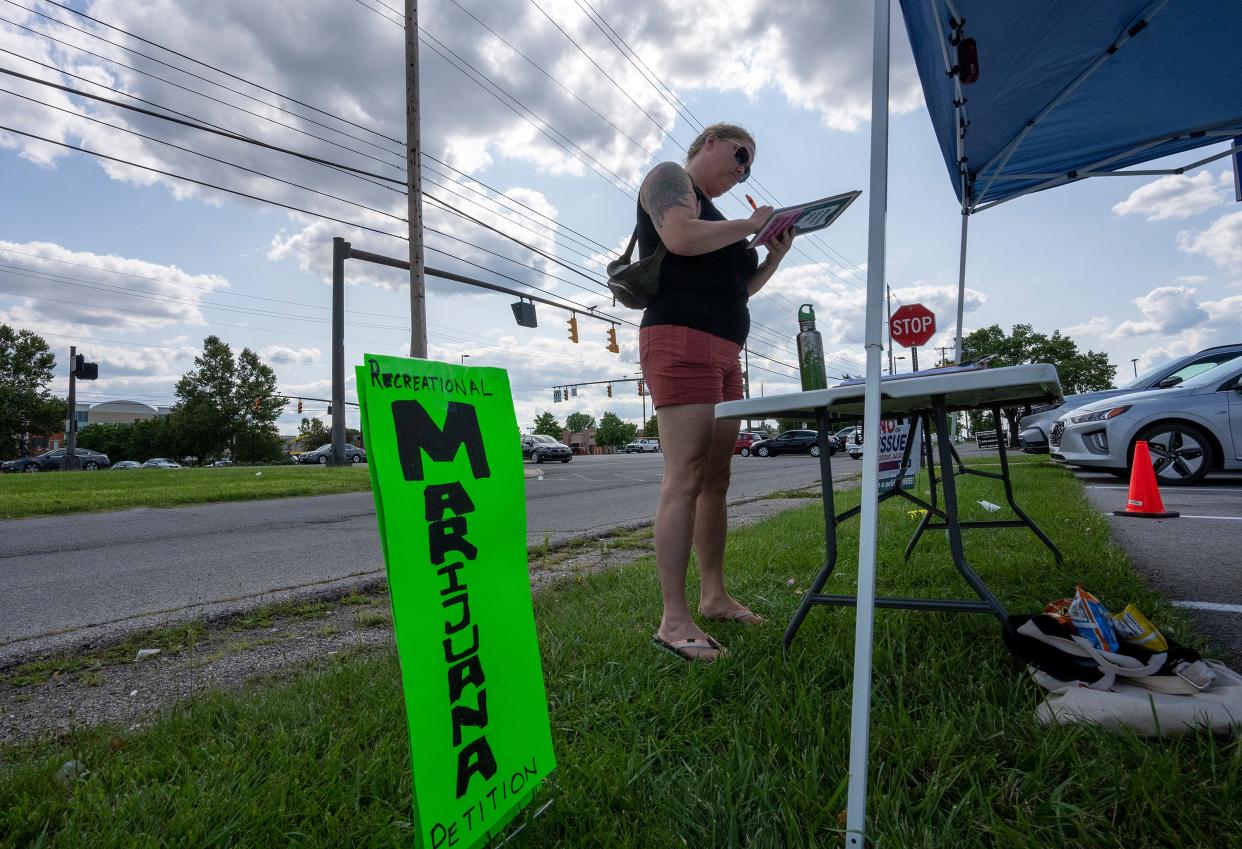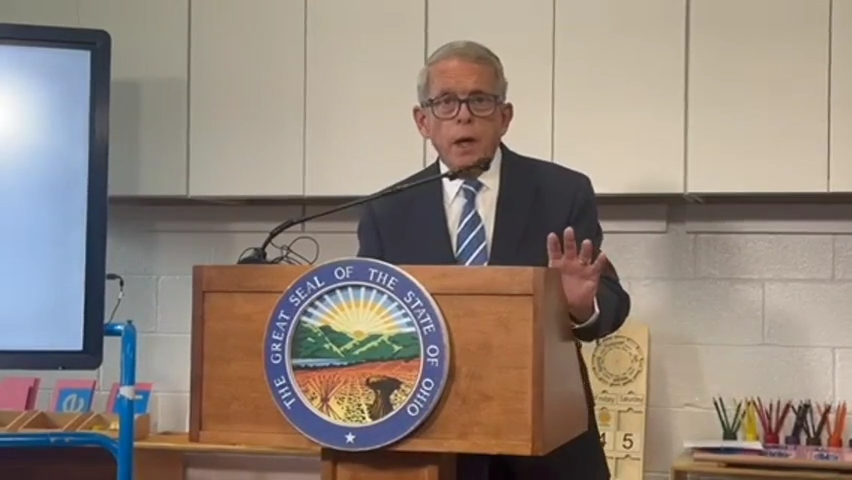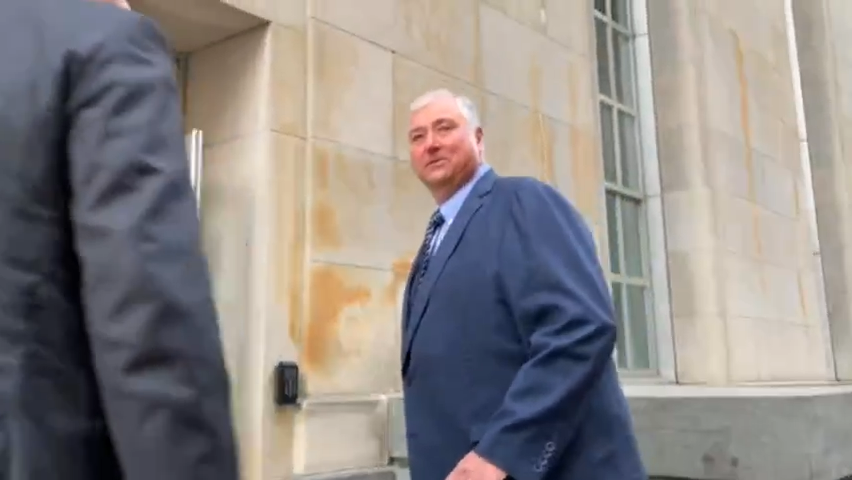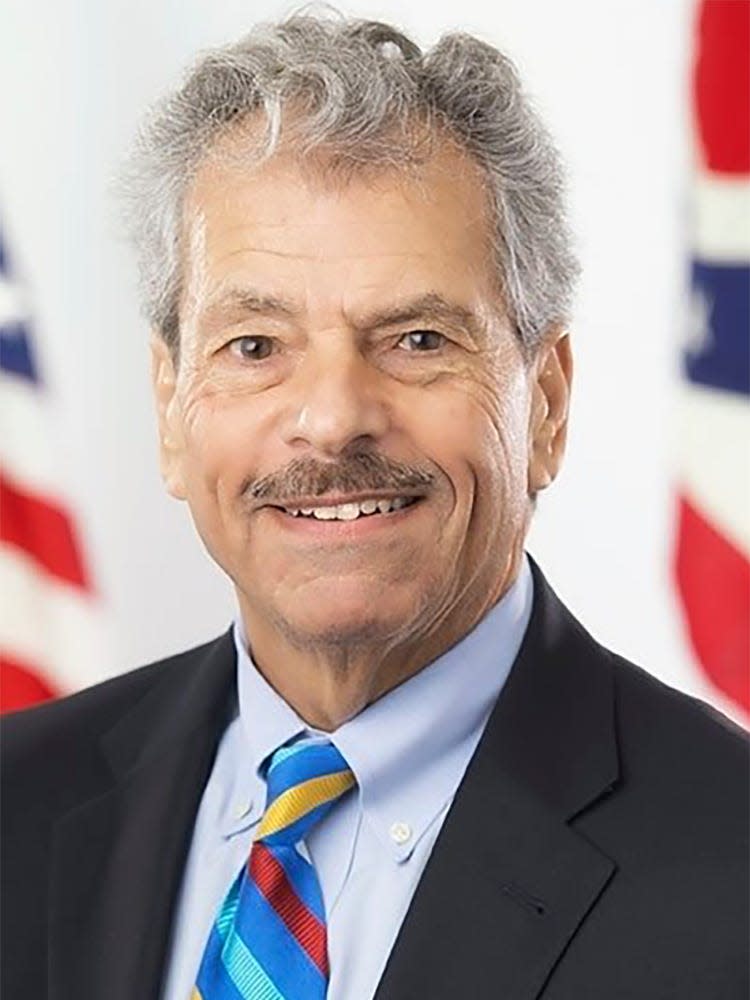Anti-weed Ohio lawmakers can kill legal marijuana even if voters approve Issue 2 | Suddes

- Oops!Something went wrong.Please try again later.
Thomas Suddes is a former legislative reporter with The Plain Dealer in Cleveland and writes from Ohio University. tsuddes@gmail.com
While much of the attention paid to November’s election will focus on a proposed Ohio constitutional amendment guaranteeing access to abortion, also on the ballot will be a proposed state law that would legalize marijuana possession and use by adult Ohioans.
According to the Coalition to Regulate Marijuana Like Alcohol, the imitative, if voters pass it, “is an effort to encourage Ohio legislators to regulate marijuana for adult use, just like we do for alcohol.”

Because the ballot issue proposes a law, not a constitutional amendment, the General Assembly could — as some GOP legislators wish — obstruct legalization even if voters call for it.
After all, Ohio was Prohibition stronghold. And until the mid-1970s, Ohio had extremely harsh anti-marijuana laws.
More: Will Ohio legalize marijuana? Here's what lawmakers, advocates and experts say
According to a 1975 ruling by the Cincinnati-based U.S. Court of Appeals (6th Circuit), “Ohio’s [then] 20-year minimum penalty upon conviction for sale of marijuana is the most severe punishment for this offense imposed by any state.”
Moreover, “Ohio’s ten-year minimum for possession for sale far exceeds that of any other state with a minimum imprisonment requirement,” the opinion said.
Repeat: Ohio’s minimum sentence for selling marijuana was a 20-year sentence, and the minimum sentence for possession was ten years.
Later in 1975, the General Assembly dramatically cut Ohio’s penalty for simple marijuana possession to what it now is: Possession of less than 100 grams (about 3.5 ounces) is a minor misdemeanor.
Maximum penalty: a fine of $150 — but no jail time.

Republican Gov. Mike DeWine, Ohio’s local health commissioners, the Ohio Children's Hospital Association, and an array of other Ohioans, including law enforcement groups, oppose November’s marijuana ballot issue. (A political irony: The state liquor monopoly’s profits fund JobsOhio’s statewide economic development programs.)
More: Will Ohio vote on legal marijuana in November? Group submits signatures for proposal
True, there are traffic safety risks with both alcohol and marijuana: A 2017 study relayed by the National Library of Medicine found “substantial evidence of a statistical association between cannabis use and increased risk of motor vehicle crashes.”
If Ohio voters OK marijuana legalization, the Ad Council’s ageless “Friends Don’t Let Friends Drive Drunk” slogan may need tweaking— to “Friends Don’t Let Friends Drive Stoned.”
DeWine's legacy

News that DeWine closed down his campaign fund in July signals that it’s legacy time for the governor, age 76, who must leave office in January 2027 due to term-limits.
DeWine has been traveling throughout the state talking up his nonpartisan initiatives, such as the science of reading for elementary school pupils. Meanwhile, his administration has enjoyed spectacular success in wooing big employers to expand in or come to Ohio, notably but not just in the Columbus region.
Gov. DeWine: Science is 'abundantly clear,' some Ohio schools teach reading wrong
On the political side, DeWine has announced his opposition to the abortion rights initiative on November’s statewide ballot. And he’s indicated, if in a fairly low-key manner, that Ohio’s current system (if it may be so dignified) of drawing U.S. House and Ohio General Assembly districts needs to be change. But he hasn’t taken a position on a redistricting reform being proposed for the November 2024 statewide ballot.
But still hanging over DeWine’s administration are unanswered questions about the House Bill 6 scandal: Who knew what, and when, and who did what, and why?
HB 6 was a bailout (at ratepayers’ expense) of money losing nuclear power plants then owned by Akron-based FirstEnergy Corp., the electric utility, which got its way at the Statehouse. (The bill, which DeWine signed as soon as it passed, has been partially repealed.)

Ex-Ohio House Speaker Larry Householder, a Republican of Perry County’s Glenford, and former GOP State Chair Matthew Borges, of Bexley, are in prison for their roles in the HB 6 affair.
And DeWine’s appointee as Public Utilities Commission of Ohio chair, Samuel Randazzo, resigned after the FBI raided his home. (Randazzo denies any wrongdoing and hasn’t been charged with any.)
Bottom line: Any fair assessment of Mike DeWine’s stewardship as governor requires a full accounting of the House Bill 6 mess -- which a federal grand jury continues to investigate.
Thomas Suddes is a former legislative reporter with The Plain Dealer in Cleveland and writes from Ohio University. tsuddes@gmail.com
This article originally appeared on The Columbus Dispatch: Ohio lawmakers can kill legal marijuana even if voters approve Issue 2

